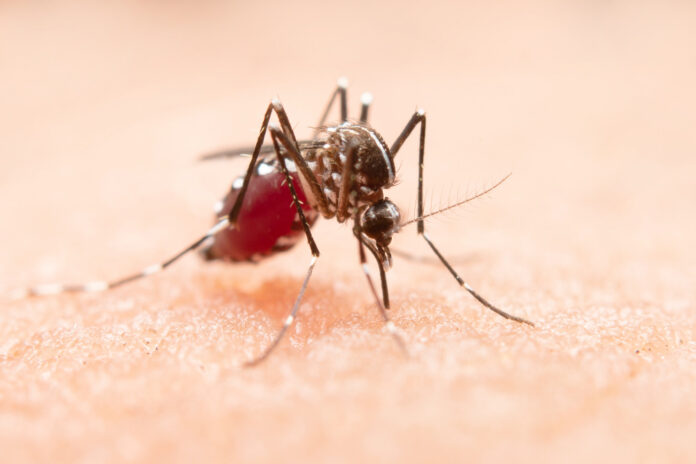Increase in cases linked to invasive mosquito species; WHO warns of global risk
Europe is currently witnessing a surge in cases of dengue fever, a viral illness transmitted primarily through the bite of infected mosquitoes. The World Health Organisation (WHO) has raised concerns as the disease spreads across 13 EU countries, attributing the rise to the presence of the tiger mosquito, which thrives in warmer climates facilitated by climate change.
Dengue fever, often referred to as break-bone fever due to its symptoms, typically occurs in tropical and sub-tropical regions but has now become a growing concern in urban areas of Europe. Although many cases result in mild or no symptoms, severe instances can be life-threatening.
Embed from Getty ImagesWhat is Dengue Fever?
Dengue fever is caused by the dengue virus and is characterized by symptoms such as high fever, severe headache, muscle and joint pains, nausea, vomiting, and a distinctive rash. The majority of patients recover within one to two weeks with rest and fluids. However, in some cases, especially with a second infection, severe dengue can occur, leading to complications like severe abdominal pain, persistent vomiting, bleeding, and organ damage.
How is Dengue Fever Spread?
The virus is primarily transmitted through the bite of infected female mosquitoes, predominantly Aedes aegypti and Aedes albopictus (tiger mosquito). These mosquitoes acquire the virus by feeding on infected individuals and can subsequently transmit it to others during subsequent bites.
Prevention and Treatment
Prevention of dengue fever focuses on controlling mosquito populations and avoiding mosquito bites, particularly during daylight hours when mosquitoes are most active. There is no specific antiviral treatment for dengue, and management primarily involves alleviating symptoms with pain relievers like acetaminophen (paracetamol). Non-steroidal anti-inflammatory drugs (NSAIDs) such as ibuprofen and aspirin should be avoided due to their potential to increase the risk of bleeding complications.
Vaccination and Future Outlook
Currently, only one vaccine (QDenga) is approved for use in certain countries and age groups, with additional vaccines under development. Vaccination efforts are targeted at high-risk populations in endemic areas.
Recent Developments and Regional Responses
European countries like France are intensifying mosquito monitoring and control efforts in response to the escalating dengue threat. International travel has been identified as a potential factor contributing to the spread of the disease across borders.
Conclusion
As dengue fever cases increase in Europe, public health authorities emphasize the importance of early detection, mosquito control measures, and prompt medical care for managing severe cases. Awareness of symptoms and preventive measures remains crucial in curbing the spread of this mosquito-borne disease.
